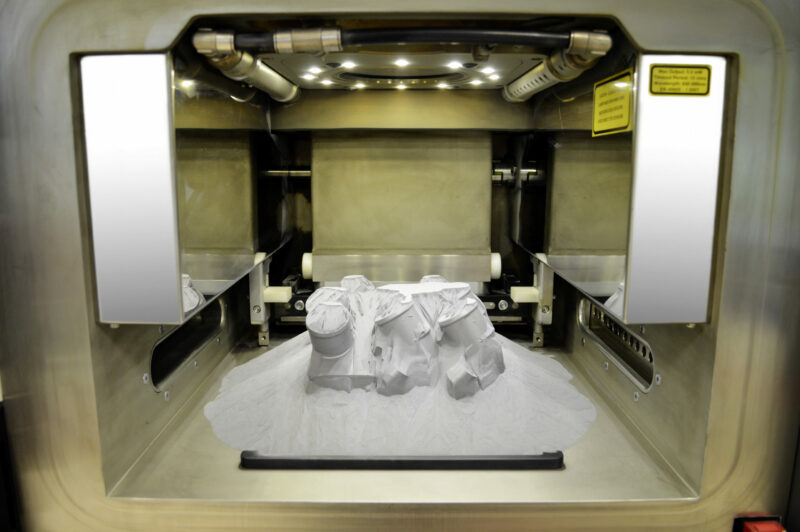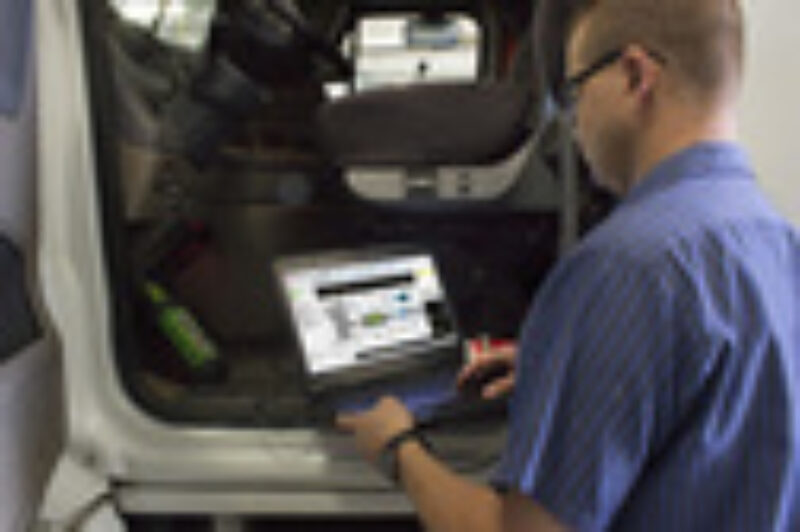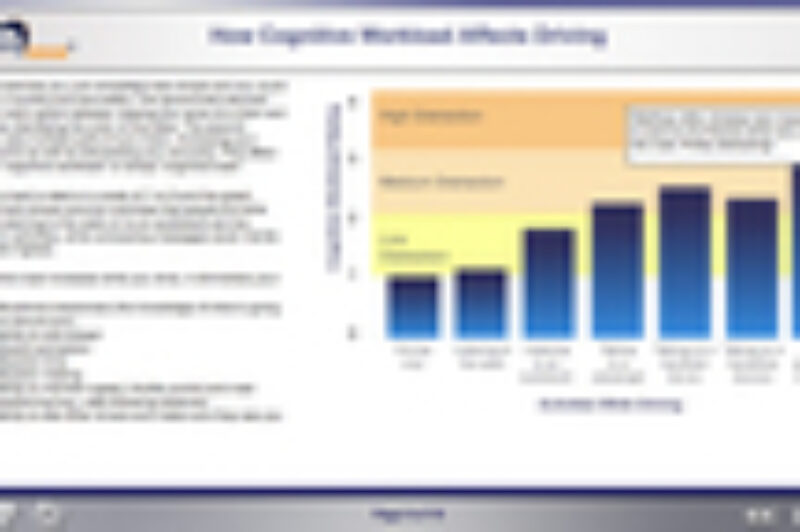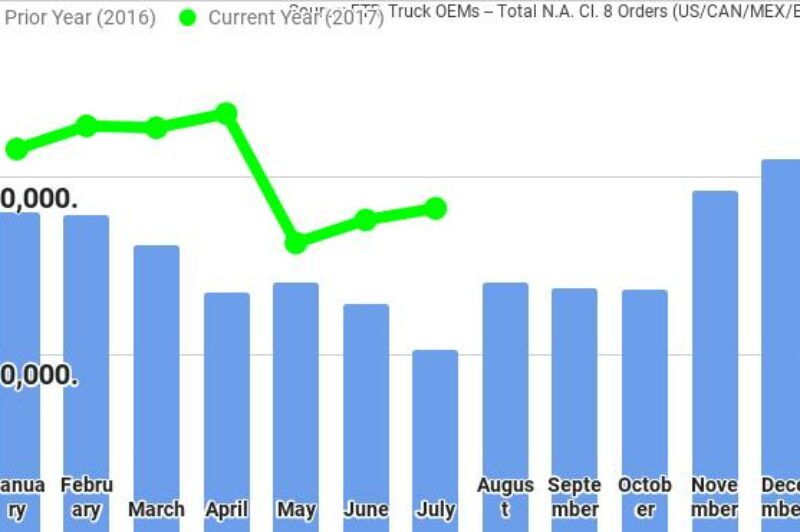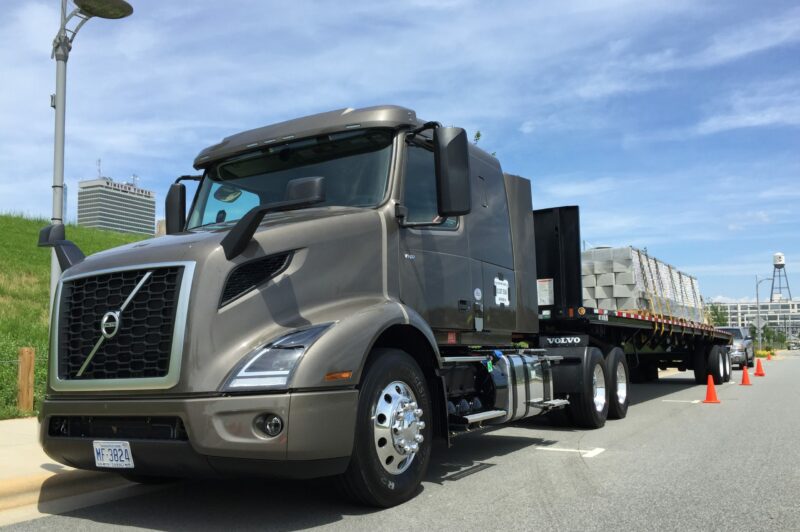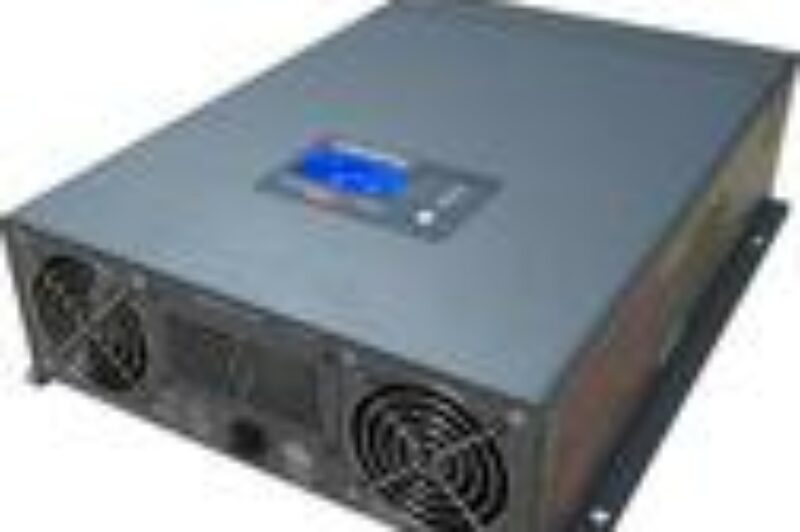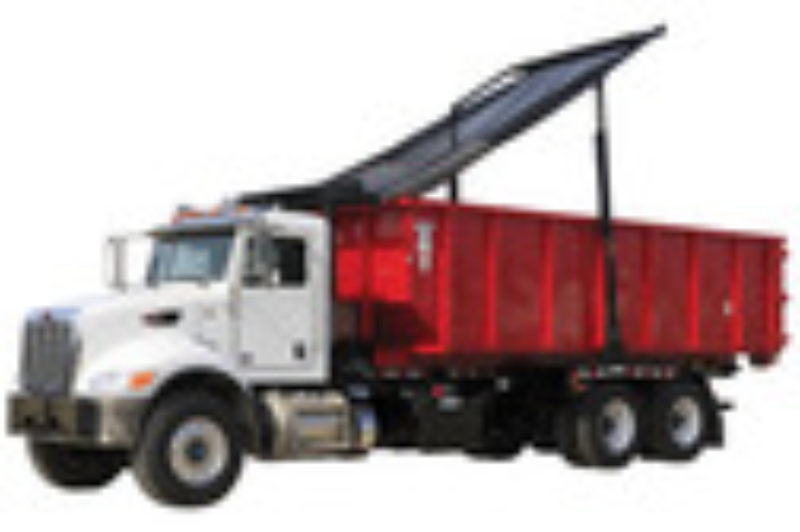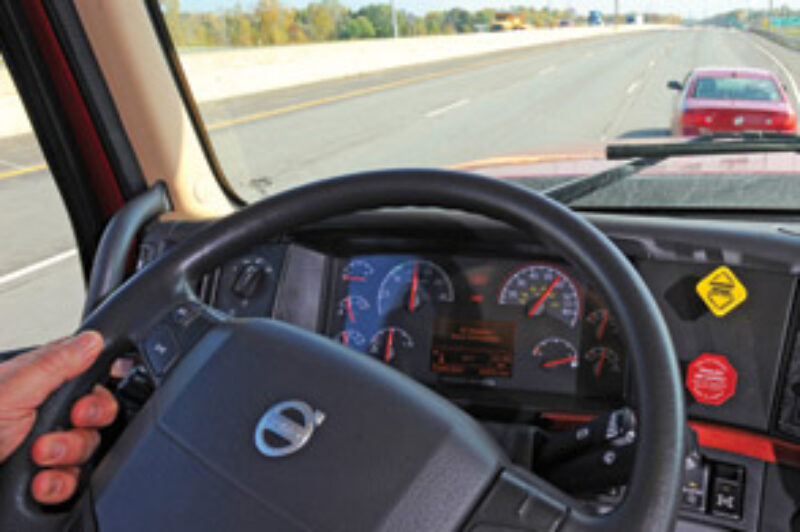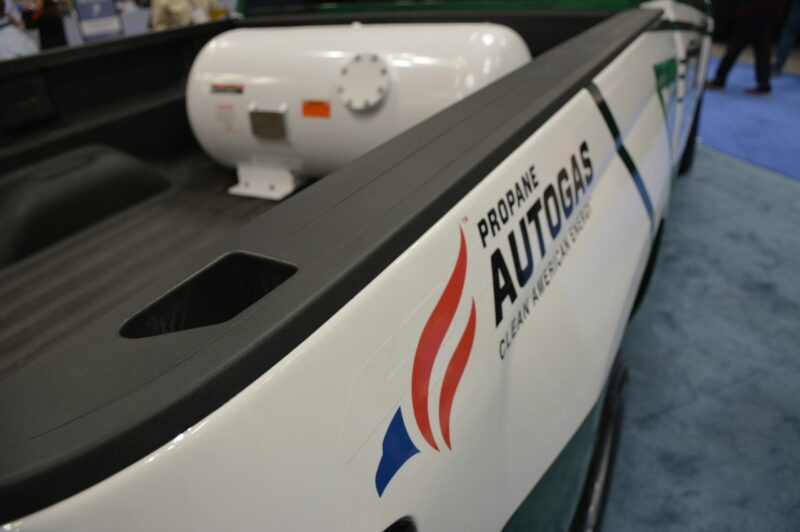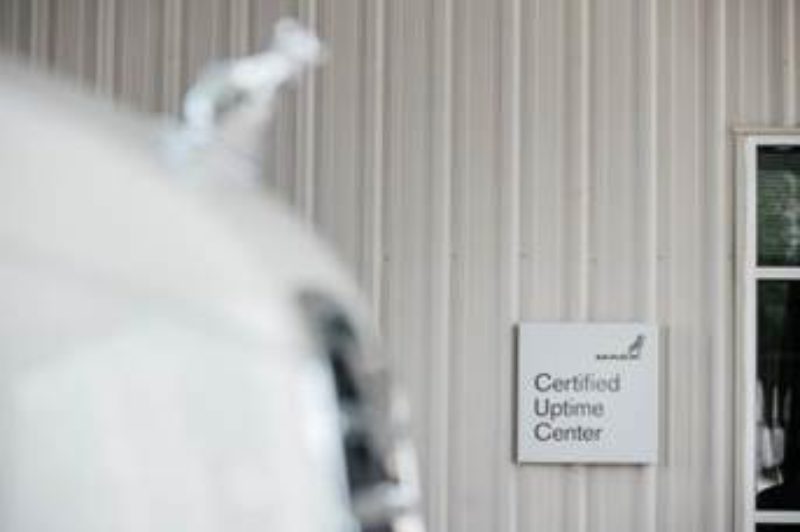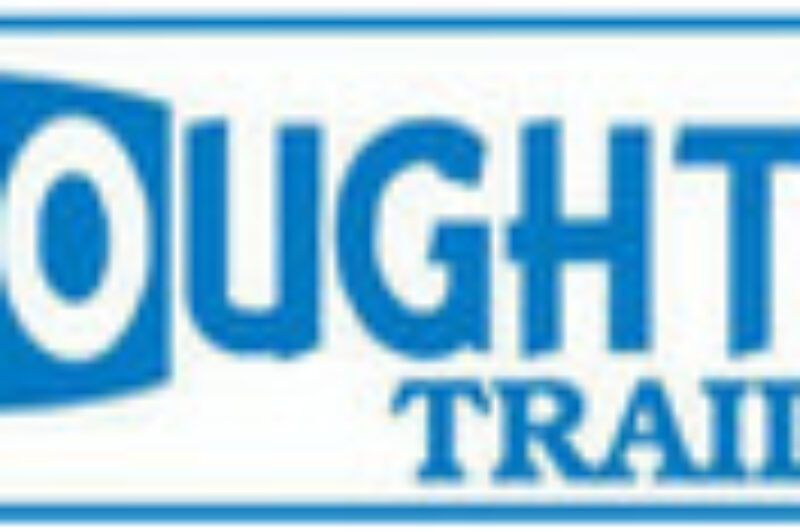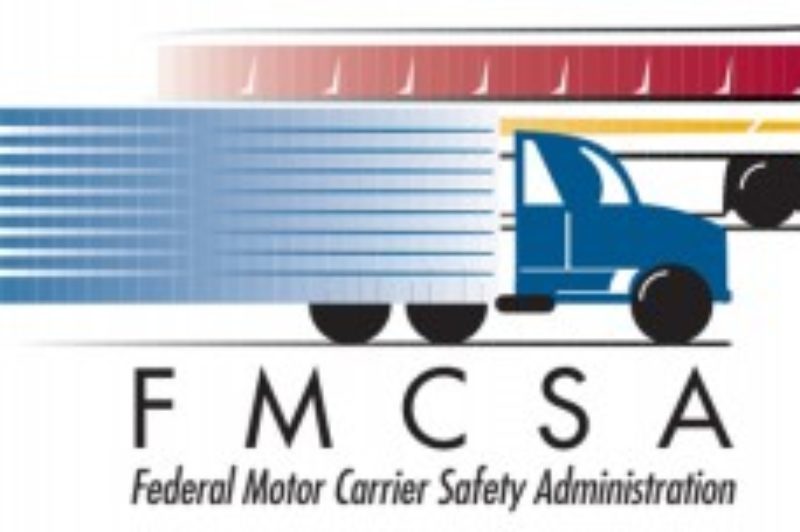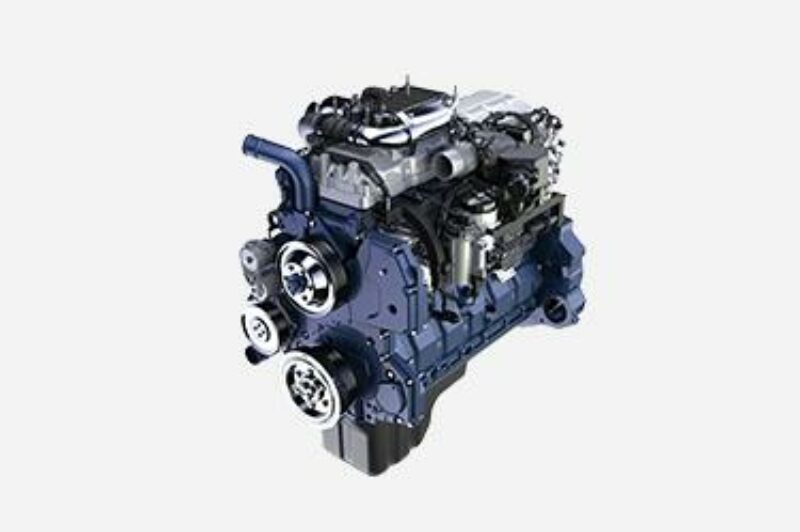
Navistar ending medium-duty engine production
LISLE, IL - Navistar will stop producing medium-duty engines at its plant in Melrose Park, Illinois, beginning in the second quarter of its 2018 fiscal year. Most of the proprietary engines made in Melrose Park are nine- and 10-liter models for Class 6 and 7 trucks. Navistar reintroduced the option of a 6.7-liter Cummins engine in 2013, followed last year with the option of a nine-liter Cummins. Cummins engines for Class 6 and 7 trucks are produced in Indiana and North Carolina, while Navistar makes big-bore engines for Class 8 trucks in Alabama.
